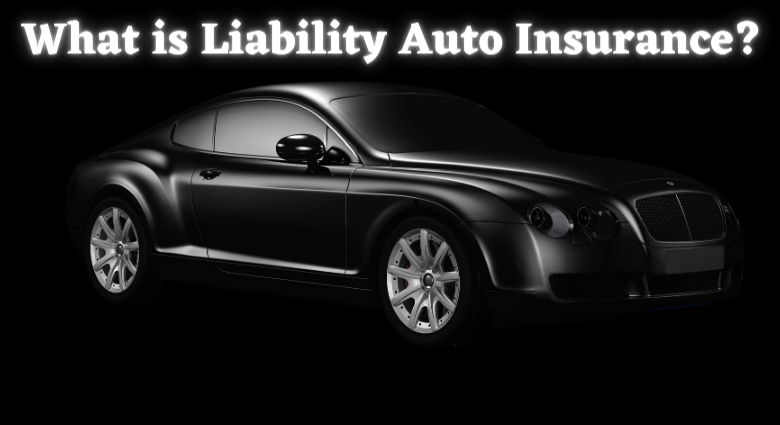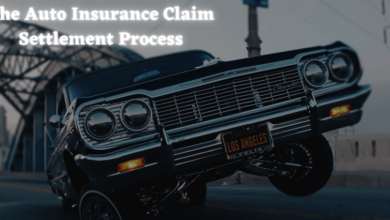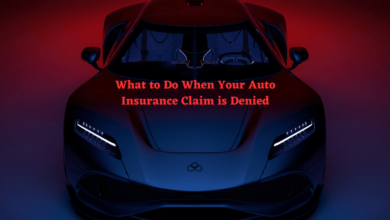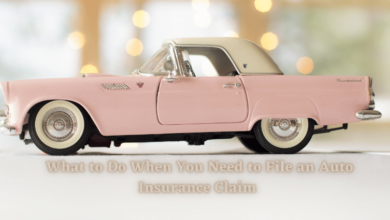What is Liability Auto Insurance?

What is Liability Auto Insurance?
Are you a car owner who’s looking to protect your finances and assets from unexpected accidents on the road? Look no further than liability auto insurance! Whether you’re a seasoned driver or just getting behind the wheel, it’s essential to understand what liability coverage entails and how it can safeguard you in times of need. In this blog post, we’ll break down everything you need to know about liability auto insurance – from its definition and types to its benefits for both drivers and passengers alike. So buckle up and let’s dive into the world of automotive protection!
Are you a car owner looking for the perfect auto insurance coverage? Look no further than liability auto insurance! This type of coverage can help protect you financially in case of an accident where you are at fault. But what exactly is liability auto insurance and how does it work? Let’s dive into the details and discover why this type of policy is essential for any responsible driver on the road.
What is liability auto insurance?
Liability auto insurance is a type of insurance that provides protection against financial loss in the event that you are found at fault for an accident. It is the most basic form of auto insurance and is required in most states. Liability auto insurance covers damage to the other driver’s car and property, as well as any medical expenses incurred as a result of the accident.
Liability auto insurance is a type of insurance coverage that protects you financially if you are involved in an accident and it is determined that you are at fault. If you cause an accident and someone is injured or their property is damaged, liability auto insurance will pay for the resulting medical bills and property damage up to the limit of your policy. This type of insurance is required by law in most states.
What does liability auto insurance cover?
Liability auto insurance covers any damage or injuries that you may cause to another person or their property while operating a vehicle. This includes, but is not limited to, car accidents, hitting a pedestrian, or damaging someone’s property. If you are found at fault in an accident, your liability insurance will pay for the damages and/or injuries that you have caused. It is important to note that liability insurance does not cover any damage to your own vehicle or injuries that you may sustain in an accident.
Liability insurance is the portion of your auto insurance that covers damage you may cause to other people or property in an accident. It is sometimes referred to as “third-party” coverage, since it only applies when you are at fault for an accident.
Most states require a minimum amount of liability coverage, but you can purchase additional coverage if you choose. You may also be required to carry liability insurance if you lease or finance your car.
Liability insurance does not cover damage to your own vehicle – only the other driver’s vehicle (and any property damage that results from the accident). If you want coverage for your own vehicle, you’ll need to purchase collision and/or comprehensive insurance.
How much does liability auto insurance cost?
The cost of liability auto insurance varies depending on a number of factors, including the state in which you live, your driving record, and the type of vehicle you drive. In general, however, liability auto insurance typically costs less than comprehensive or collision coverage.
Liability auto insurance is one of the most important types of car insurance you can buy. It protects you financially if you’re responsible for an accident that causes damage or injuries to another person.
How much does liability auto insurance cost? The average cost of liability insurance is about $500 per year. However, the price you pay will depend on a number of factors, including your driving record, the type of car you drive, and the state you live in.
How to get liability auto insurance
Liability auto insurance is one of the most important types of car insurance you can have. It protects you financially if you’re responsible for an accident that injures someone or damages their property.
If you cause an accident, liability insurance pays for the other person’s medical bills, car repairs, and other expenses up to the limit of your policy. It also covers your legal defense if you’re sued over the accident. You need this coverage even if you’re a safe driver; accidents can happen to anyone.
Most states require drivers to have at least some liability insurance. But even if your state doesn’t mandate it, it’s still a good idea to have this coverage in case of an accident. If you don’t have liability insurance and you’re found at fault for an accident, you could be on the hook for thousands of dollars in damages.
The best way to get liability auto insurance is to shop around and compare quotes from different insurers. Make sure you understand the coverage limits and exclusions in each policy before making a decision. You can also talk to your agent or broker about what type of coverage is right for you.
Conclusion
Liability auto insurance is a must-have for any driver. It’s essential to ensure that you have adequate coverage in case of an accident, as the financial consequences can be severe. With liability auto insurance, you can rest assured that both your car and yourself are protected from any potential legal troubles stemming from an accident. We hope this article has helped provide some clarity on what liability auto insurance is and why it’s important for every driver to carry one.
Liability auto insurance is a form of protection that many drivers choose to take out in order to protect them from any financial losses they may incur as the result of an accident. It provides coverage for medical expenses, damages and even lost wages due to an accident. While it does not cover damage done to your own car or other property, it will still provide peace of mind if you are ever involved in a collision. Taking out adequate liability auto insurance can help keep you safe on the roads and prevent any unexpected financial losses down the line.




